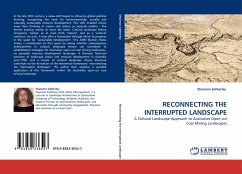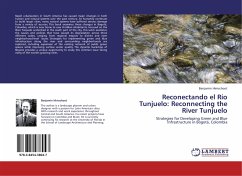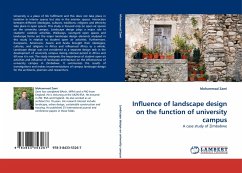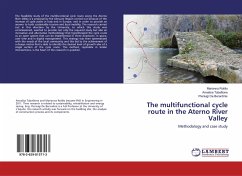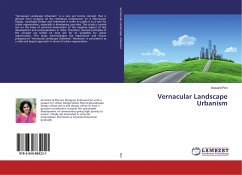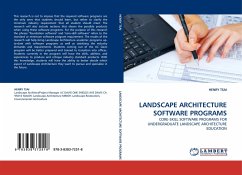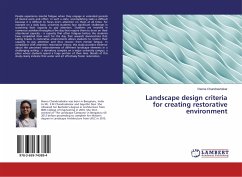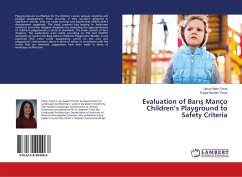In the late 20th century, a value-shift began to influence global political thinking, recognising the need for environmentally, socially and culturally sustainable resource development. This shift entailed moves away from thinking of nature and culture as separate entities - The former existing merely to serve the latter. Cultural landscape theory recognises nature as at once both natural , and as a cultural construct. As such, it may offer a framework through which to progress in the quest for sustainable development . This 2005 Masters thesis makes a contribution to that quest by asking whether contemporary developments in cultural landscape theory can contribute to rehabilitation strategies for Australian open-cut coal mining landscapes, an exemplar resource development landscape. A thematic historical overview of landscape values and resource development in Australia post-1788, and a review of cultural landscape theory literature contribute to the formation of the theoreticalframework: "reconnecting the interrupted landscape". The author then explores a possible application of this framework within the Australian open-cut coal mining landscape.
Bitte wählen Sie Ihr Anliegen aus.
Rechnungen
Retourenschein anfordern
Bestellstatus
Storno

